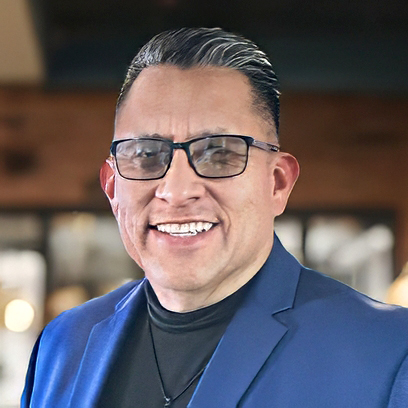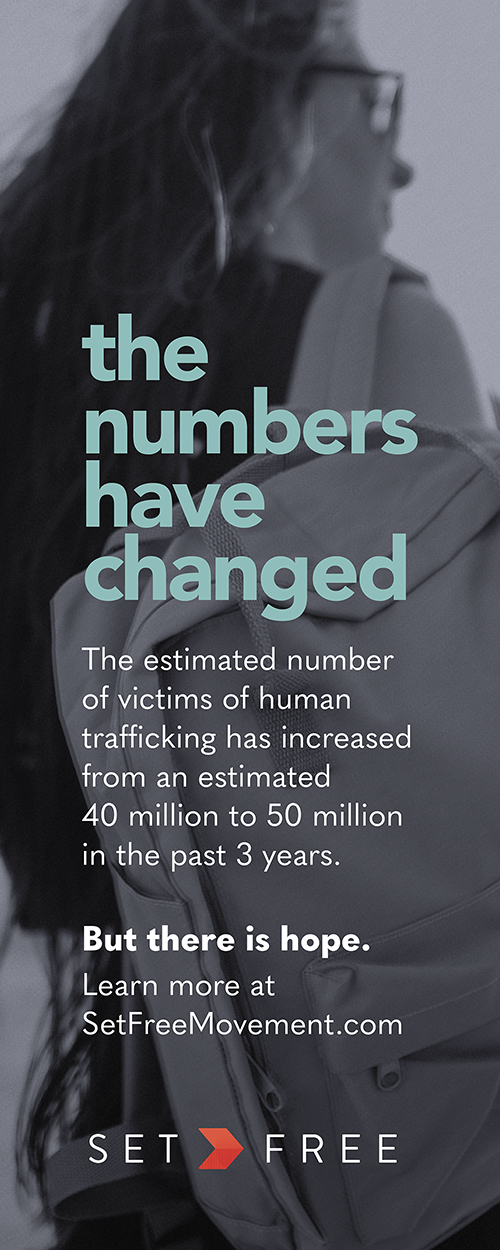By Refugio Sánchez
Santa Ana, a vibrant and diverse city in Southern California, has been home to thousands of immigrants for decades. In my 40+ years living here as a Latino immigrant, I’ve witnessed many seasons: times of hope, resilience, and also dark chapters.
I do not write this from theory or distant activism. I write from experience — as a pastor and as a son of this adopted land. Today, undocumented Latinos are facing uncertainty, fear, and a silence that screams within.
In the middle of this reality, a haunting question remains: How can one be a stranger … in a land of immigrants?
- Why Did We Come? The need that brought us here
Few people willingly leave their homeland. Most of us, Latino immigrants, didn’t come to the United States for adventure, but out of necessity. Fleeing violence, poverty, instability, and the lack of opportunities, we crossed borders with the hope of finding a more dignified life for our families.
Many of us arrived with nothing but the clothes on our backs, hearts full of dreams, and faith that we could start again. It’s not an easy decision. It means leaving behind what is familiar, facing danger, and learning to live in a place that, while filled with opportunity, also presents many challenges.
I remember a Salvadoran mother who arrived at our church with her three children. They traveled on freight trains, crossed deserts, and slept on cold floors. With tears in her eyes she said: “Pastor, I don’t care if I have to sleep on the ground here, as long as my children don’t have to see dead bodies on the streets like back home.”
We didn’t come seeking comfort — we came searching for peace.
_
“We are not asking for empty compassion — but for genuine humanity.”
_
- What Are We Really Looking For? The dignity of a better future
We seek the same things every human being longs for: peace, work, stability, and the chance to give our children a better life. We want to contribute, work honestly, pay taxes, and be part of a community that sees us as more than our immigration status.
We’re not asking for privilege — we’re asking for opportunity. We’re not looking for handouts — we simply ask to live with dignity.
A young Guatemalan man once arrived with a worn backpack and a torn Bible. He told me: “Pastor, I came looking for work — but more than that, I came looking for hope.” Today, he’s an electrician, a husband, a father, and a faithful servant in the church. He didn’t come to receive — he came to sow.
His story is just one of thousands.
- What Do We Expect From This Country and Its People?
We hope to be seen through human eyes—not labels. We expect understanding and respect. This country, founded by immigrants, should be the first to remember what it means to be a stranger in a foreign land.
We long for fair laws, clear processes, and — above all — open hearts. Let not the fear of the “other” erase the value of empathy. May language, skin color, or accent not divide us, but become opportunities for society to grow richer.
A friend of mine worked over 20 years cleaning office buildings. One day, his boss told him, “You’re the best worker I have, but if they discover your status, I’ll have to let you go.” That evening he told me, “Pastor, I know this country owes me nothing … but is it too much to ask that they treat me like a human being?”
We are not asking for empty compassion — but for genuine humanity.
- Judged Even by Our Own
Some of the deepest wounds don’t come from outsiders, but from within. Many second-, third-, and fourth-generation immigrants have forgotten their roots. They look down on us, judge us harshly, and ignore the fact that their parents or grandparents also crossed borders seeking a better life.
A young Mexican woman once told me, “My own cousins call me ‘wetback’ because I don’t speak English like them. They forgot their parents crossed the same border mine did.”
Unity doesn’t come from sharing a language — but from sharing compassion. Let’s break the cycle of rejection with mercy.
_
“Let us be part of the refuge, not part of the rejection.”
_
- The Church: Refuge or Barrier?
The church should be the safest place for a weary soul. Yet, at times, it becomes the very place where we are labeled and rejected. Some are judged by their immigration status, their clothing, or the way they speak.
A Honduran family once shared that when they visited a church, they were initially welcomed — until others found out they were awaiting an immigration hearing. Then people stopped greeting them. They felt rejected in the very place where they expected love.
This should grieve us. God’s house, designed for healing, must not become a place of harm.
The church must return to the Father’s heart. He “loves the foreigner residing among you, giving them food and clothing” (Deuteronomy 10:18).
The church should be a hospital for the wounded—not a courtroom for the accused.
- How Can We Help? A call to the heart of the kingdom
Let’s help. Not all immigrants are criminals, as stereotypes suggest. Yes, some go astray — but so do people in every community. We are fathers, mothers, sons, daughters, and grandparents — all longing for a better life.
A Salvadoran brother once told me, “Pastor, if only people knew how many times I pray for this country… even if it doesn’t love me back.”
The kingdom of God has no borders, and Jesus Himself was a foreigner. As a church, we have a clear mission:
Don’t judge — teach. Don’t point — embrace. Don’t persecute — protect. If you don’t understand, ask again. If you can’t open the border, open your heart.
Church, Make Room
People of God, this is our moment. Let us be part of the refuge, not part of the rejection. Let us show the love of Christ not only in word, but in deed.
“Therefore, show your love for the stranger, for you were strangers in the land of Egypt” (Deuteronomy 10:19 AMP).
Today, in this land of immigrants, many still walk as strangers — waiting for someone to say: “There’s a place for you here. You belong too.”
+

Refugio Sánchez is the lead pastor of Santa Ana Free Methodist Church in Santa Ana, California, the assistant superintendent of the Free Methodist Church in Southern California, and the president of Conexión Latina.











